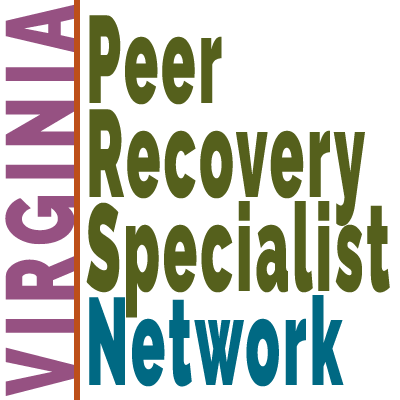Blog
Empowerment Skills Part 1
“By the Power of GraySkull…He-Man!” Ah the glories of ‘80’s cartoons. Most of my friends were He-Man fans. For those of you unfamiliar with this hero of old, He-Man was a regular dude who had special powers and a special sword that turned him into a cross between Arnold Schwarzenggar “tough” with Richard Simmons “flair”. He fought the evil powers led by Skeletor, an empty-headed skeleton of a leader with evil in his heart and universal dominion in his mind. In contrast, He-Man was all about empowering people to be free from the clutches of Skeletor’s evil plans *insert evil laugh here*.
With that said, let’s look at this term ‘empowerment’. Empowerment is defined as, “Authority or power given to someone to do something. The process of becoming stronger and more confident, especially in controlling one’s life and claiming one’s rights.”
From a macro point of view, more and more groups of people in our society today are fighting for their communal empowerment. Some examples include but aren’t limited to, employee, black, female and disability empowerment. As we move forward towards a more equitable society, this idea and concept is the bedrock for such efforts, as it should be.
From the micro level, empowerment has many components to it. And as peer recovery specialists, the peers we serve will be in need of empowerment in some way, shape, or form. Here are 4 examples of empowerment components you can share with your peers.
- Building self-esteem: This is the foundation of empowerment, and it involves helping people to feel good about themselves and their abilities. Peer recovery specialists can help people to build self-esteem by providing positive reinforcement, helping them to set and achieve goals, and teaching them how to cope with negative thoughts and feelings.
- Setting boundaries: This is another important skill for empowerment, and it involves helping people to learn how to say no and to protect their own needs. Peer recovery specialists can help people to set boundaries by teaching them how to identify their needs, how to communicate their needs to others, and how to recognize their need for boundaries and how to enforce them.
- Making informed decisions: This is a skill that allows people to take control of their own lives, and it involves helping people to gather information, to weigh the pros and cons of different options, and to make decisions that are in their best interests. Peer recovery specialists can help people to make informed decisions by teaching them how to gather information, how to assess their options, and how to make decisions that are consistent with their values.
- Taking action: This step in the empowerment process involves helping people to take steps to achieve their goals. Peer recovery specialists can help people to take action by providing them with support, by helping them to develop a plan, and by encouraging them to take small steps towards their goals.
Consider sharing these components of empowerment with the peers you serve, both now and in the future. And, practice makes perfect, so you can apply them to your own life and have that experience to draw from when sharing these concepts with other peers.

Chris Newcomb
VPRSN Coordinator
Chris Newcomb, M.Div., PRS, CPMC, CWF, CSSF is the VPRSN Coordinator on behalf of Mental Health America of Virginia. He holds a Bachelor in Psychology from Radford University and a Master of Divinity from Duke University. In his spare time, he is a singer/songwriter who loves to write new songs, practices Krav Maga, and enjoys time with family and friends.

